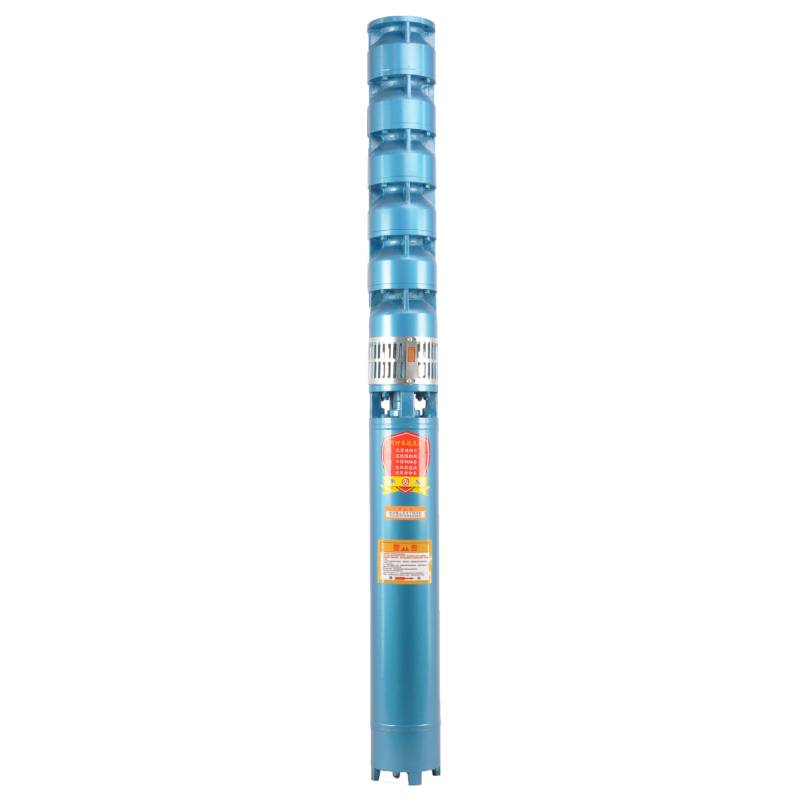Dec . 17, 2024 16:28 Back to list
deep well pump pipe
Deep Well Pump Pipe Ensuring Efficient Water Extraction
Deep well pumps are essential for extracting groundwater from deep underground sources. These pumps are commonly utilized in agricultural, municipal, and industrial settings where surface water is insufficient. A critical component of the deep well pump system is the pipe, which connects the pump to the surface and facilitates the efficient movement of water. This article explores the significance of deep well pump pipes, their types, installation, and maintenance practices.
Understanding Deep Well Pumps
Deep well pumps are submersible devices located deep beneath the water table. They are designed to lift water from significant depths, often hundreds of feet below the surface. These pumps are preferred for their efficiency in providing a steady supply of water for various applications ranging from irrigation to drinking water supply in rural areas. The deep well pump system typically consists of the pump, motor, and associated piping.
The Role of Pump Pipes
The pump pipe, commonly referred to as the riser pipe, is integral to the functioning of deep well pumps. This pipe is responsible for transporting water from the pump located at the bottom of the well to the surface. The effectiveness of water transportation can be influenced by several factors including the diameter of the pipe, material composition, and the depth of the well.
Types of Pump Pipes
1. Steel Pipes Steel is a favored material for deep well pump pipes due to its strength and durability. It can withstand high pressures and is resistant to corrosion when adequately treated. Steel pipes are often used in applications requiring longevity and reliability.
2. PVC Pipes Polyvinyl Chloride (PVC) pipes are lightweight and resistant to corrosion, making them suitable for many water applications. They are easier to handle, install, and maintain but may not offer the same strength as metal pipes in high-pressure situations.
3. Ductile Iron Pipes These pipes combine the strength of iron with increased flexibility, making them less prone to breakage compared to traditional cast iron. Ductile iron pipes are ideal for deep well applications, especially where high-pressure conditions may occur.
4. HDPE Pipes High-Density Polyethylene (HDPE) pipes are increasingly popular due to their resilience and flexibility. They are resistant to a variety of chemicals and external pressures, making them a suitable choice for deep well applications in rocky or variable soil conditions.
Installation of Pump Pipes
deep well pump pipe

Proper installation of the deep well pump pipe is crucial for optimal performance. The installation process should involve
- Correct Sizing Selecting the appropriate diameter and length of the pipe is essential. A pipe that is too small can restrict flow, while one that is excessively large may increase costs unnecessarily.
- Sealing and Jointing Ensuring that all joints are well-sealed can prevent leaks and contamination of the water supply. Use of proper techniques such as threaded joints, welded joints, or solvent cementing for PVC pipes is necessary.
- Alignment and Support The pipe must be aligned correctly to avoid stress and potential breakage. Adequate support structures should be established to hold the pipe in place and accommodate any movements.
Maintenance Practices
Regular maintenance of the pump pipe is vital for longevity and performance. Essential practices include
- Visual Inspections Routine checks for signs of wear, corrosion, or leaks can help identify issues before they escalate.
- Cleaning Periodic cleaning of the pipe and pump can prevent blocking from sediments and mineral build-up, ensuring smooth water flow.
- Monitoring Performance Keeping track of the pump's performance can indicate potential issues, such as decreased water flow or increased power consumption, prompting timely repairs.
Conclusion
Deep well pump pipes play a pivotal role in water extraction systems, directly impacting the efficiency and reliability of groundwater supply. Understanding the types of pipes, proper installation techniques, and maintenance practices are essential for ensuring the longevity of the pump system. By investing in quality materials and adhering to best practices, users can maximize the effectiveness of their deep well pumps while ensuring a sustainable and reliable source of water.
-
Submersible Water Pump: The Efficient 'Power Pioneer' of the Underwater World
NewsJul.01,2025
-
Submersible Pond Pump: The Hidden Guardian of Water Landscape Ecology
NewsJul.01,2025
-
Stainless Well Pump: A Reliable and Durable Pumping Main Force
NewsJul.01,2025
-
Stainless Steel Submersible Pump: An Efficient and Versatile Tool for Underwater Operations
NewsJul.01,2025
-
Deep Well Submersible Pump: An Efficient 'Sucker' of Groundwater Sources
NewsJul.01,2025
-
Deep Water Well Pump: An Efficient 'Sucker' of Groundwater Sources
NewsJul.01,2025
-
 Submersible Water Pump: The Efficient 'Power Pioneer' of the Underwater WorldIn the field of hydraulic equipment, the Submersible Water Pump has become the core equipment for underwater operations and water resource transportation due to its unique design and excellent performance.Detail
Submersible Water Pump: The Efficient 'Power Pioneer' of the Underwater WorldIn the field of hydraulic equipment, the Submersible Water Pump has become the core equipment for underwater operations and water resource transportation due to its unique design and excellent performance.Detail -
 Submersible Pond Pump: The Hidden Guardian of Water Landscape EcologyIn courtyard landscapes, ecological ponds, and even small-scale water conservancy projects, there is a silent yet indispensable equipment - the Submersible Pond Pump.Detail
Submersible Pond Pump: The Hidden Guardian of Water Landscape EcologyIn courtyard landscapes, ecological ponds, and even small-scale water conservancy projects, there is a silent yet indispensable equipment - the Submersible Pond Pump.Detail -
 Stainless Well Pump: A Reliable and Durable Pumping Main ForceIn the field of water resource transportation, Stainless Well Pump has become the core equipment for various pumping scenarios with its excellent performance and reliable quality.Detail
Stainless Well Pump: A Reliable and Durable Pumping Main ForceIn the field of water resource transportation, Stainless Well Pump has become the core equipment for various pumping scenarios with its excellent performance and reliable quality.Detail
